Josh Harris already cleared the largest hurdle in his takeover of the Washington Commanders: He pulled together a $6.05 billion bid with the help of a dozen-plus limited partners.
The next step — especially for someone who already co-owns the Philadelphia 76ers and New Jersey Devils — is actually running the team when the purchase is approved in the coming weeks.
“Out of all the leagues, the NFL is easier to step into because it’s literally impossible to f–k it badly enough to lose money,” a former sports executive told Front Office Sports. “But there are plenty of reasons why somebody may not succeed as owner.”
A look at the early reign of current Commanders owner Dan Snyder is a roadmap of what not to do as a new NFL owner.
- Almost immediately after his $800 million purchase was approved in 1999, Snyder forced out respected longtime GM Charley Casserly.
- Over the next 18 months, he fired head coach Norv Turner, installed Jeff George as QB, tossed millions at an aging Deion Sanders, and moved training camp to the team’s Northern Virginia headquarters — where he charged fans both a parking and entry fee.
- Owners were resistant to cold-weather Washington hosting the 2006 Super Bowl in an open-air stadium, but sources told FOS the bigger factor was Snyder’s forceful approach.
- In 2001, Snyder secured approval from Prince George’s County to ban pedestrians from accessing FedEx Field from outside parking lots that he didn’t own, which led to a class-action lawsuit and repeal in 2004.
Sources close to Harris said he won’t institute significant changes upon the bid’s approval, which could come as early as later this month.
GM Martin Mayhew, president Jason Wright, and head coach Ron Rivera aren’t likely to be replaced with training camp starting in late July and the roster is all but set.
“They’re going to want to feel things out and get an assessment of things,” one source said.
Rule of Three
Harris partnered with fellow private equity billionaire David Blitzer to purchase the 76ers in 2011 for $280 million and Devils in 2013 for $320 million. The days, weeks, and months after each acquisition had a lot in common.
With the 76ers, Harris and Blitzer retained team president Rod Thorn (and made him GM) and head coach Doug Collins for multiple seasons. Longtime 76ers exec Tony DiLeo took over the role of GM ahead of the 2012-13 season.
After that season, Harris oversaw a major transition for the 76ers, perhaps influenced by his affinity for analytics developed when he built a fortune in private equity.
Harris installed Sam Hinkie as president. As the Houston Rockets’ executive VP of basketball operations, HInkie was one of the NBA’s earliest analytics innovators — but what followed wasn’t pretty.
As the possible originator of Philly’s infamous “Trust the Process” mantra, Hinkie presided over a three-season run where the 76res won a total of 47 games that generated top draft picks, including Joel Embiid, this season’s MVP.
Now Hinkie’s gone, and the 76ers have made the playoffs six seasons in a row.
Harris and Blitzer used the same approach with the Devils. Team President Lou Lamoriello was left in charge for two years after the changeover — at which point the changes and losing seasons piled up.
The Devils’ current run is only the team’s second in Harris’ decade as owner, but the excitement hasn’t been this high since the team’s Stanley Cup Final run fell short in 2012.
“We’re seeing the fruits of the labor right now with these two playoff runs,” a league executive said.
The Commanders have made the playoffs six times in Snyder’s 24 seasons as owner. Before the details of the toxic workplace under Snyder became public and the investigations ramped up, it was the losing — and higher prices — that drew the fans’ ire.
Style Points
Snyder hasn’t done an on-camera interview since 2014, when he was still clinging to that “R” name the team once had. His full-time residence has been in London for a while, and he was in the Mediterranean near his yacht during a Congressional hearing last June.
Harris isn’t quite the recluse Snyder has been, but he also isn’t Jerry Jones, so it’s unlikely he’ll follow the front-and-center approach Steve Ballmer took in 2014 when he purchased the Los Angeles Clippers after the NBA exiled Donald Sterling.
“I do think that is one thing that helped,” a former NBA executive said. “You had a guy who was out there and was basically saying, ‘You can be a Clipper fan now. That guy is gone.’ That was important. If [the new Commanders ownership] doesn’t have that, it’s going to be hard to constantly remind people, ‘This is a new day.’”
And since we’re talking about a team near the nation’s capital, that means more than just interviews with sports reporters. The fact that Harris’ group will have more than a dozen limited partners, there will be options for outreach beyond Harris.
Industrial firm co-founder Mitchell Rales, former NBA great Magic Johnson, security firm exec Mark Ein, Colombian-American beer heir Alejandro Santo Domingo, rental property firm founder Mitchell Morgan, and former Google CEO Eric Schmidt are the limited partners FOS has been able to confirm so far.
“Since this is D.C., you’re really going to need to do a round of media, both sports and political media,” a banker told FOS. “Then you’re going to have to do the rounds with politicians, especially in the District, Maryland, and Virginia.”
Harris is no doubt hoping one or more those three jurisdictions will be open to subsidizing a new stadium. But until it’s built, the Commanders — who will have the same name, players, and coaching staff — will have to build enthusiasm at their current home in Landover, Maryland.
Harris’ best attribute is that he’s not Dan Snyder. That will help on the business side, especially.
“Everything should dramatically improve,” the banker said. “They’re busy trying to close the deal, so I don’t think they’ve focused at all yet on how taxing this is going to be for them as owners. You are going to try to right all the wrongs as you prepare for a new stadium. That’s a lot to have on the table.”
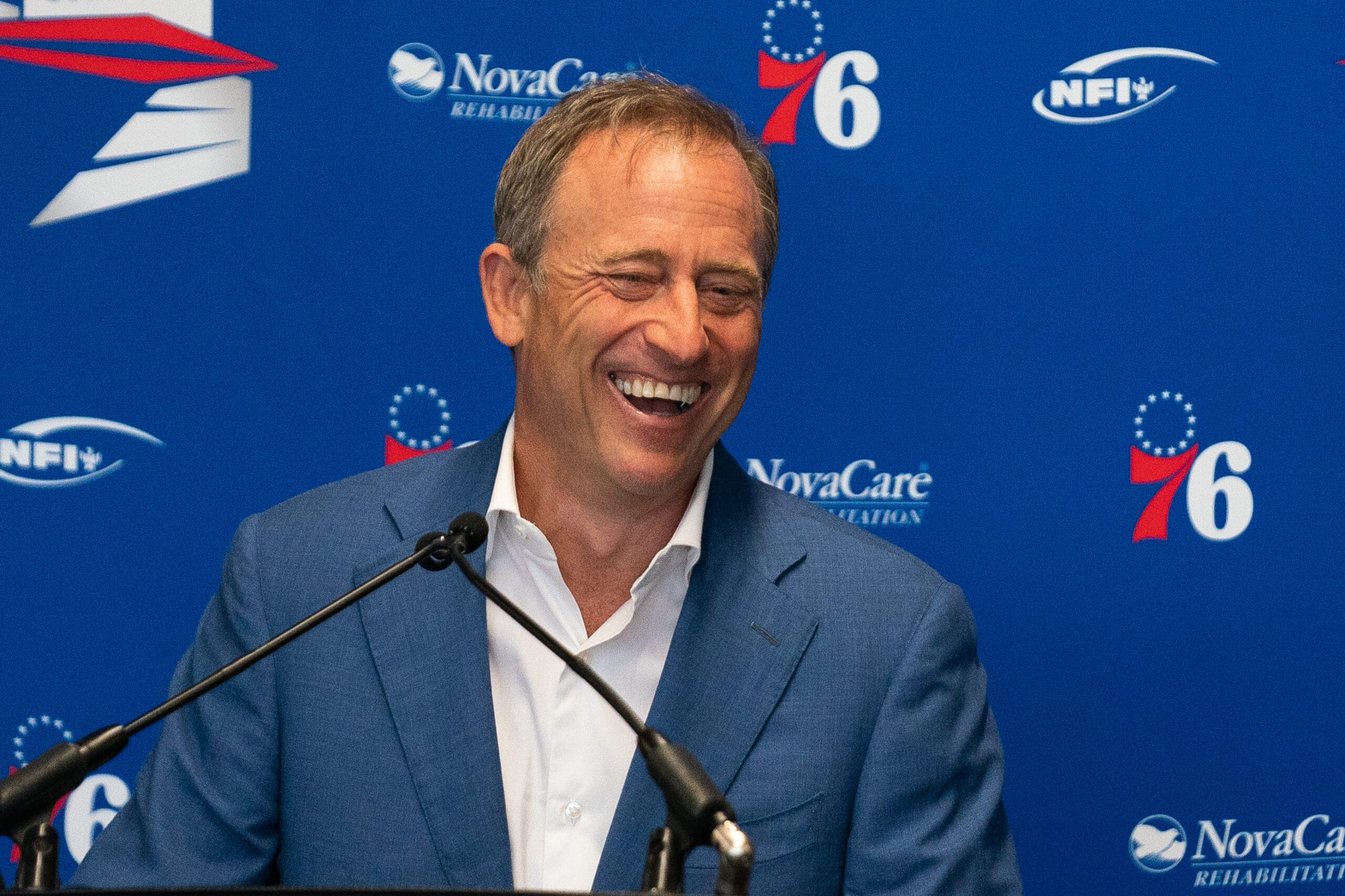
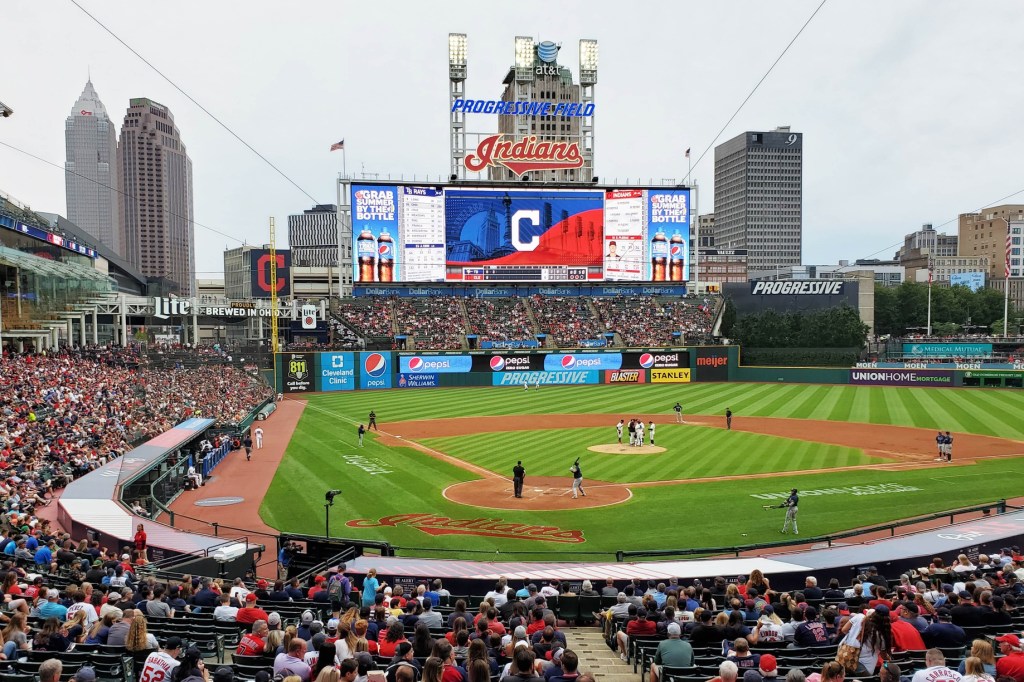
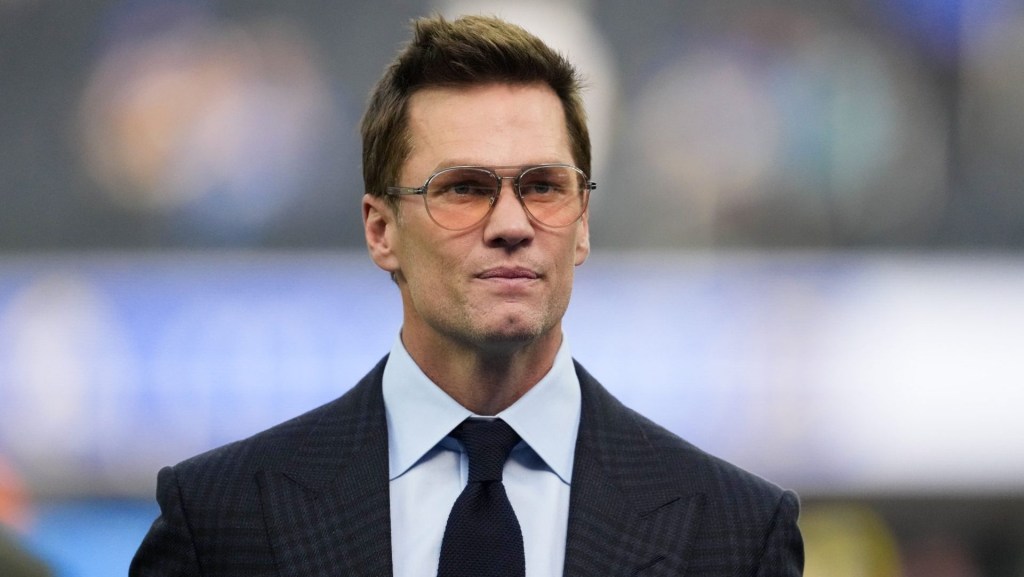




![[Subscription Customers Only] Jun 15, 2025; Seattle, Washington, USA; Botafogo owner John Textor inside the stadium before the match during a group stage match of the 2025 FIFA Club World Cup at Lumen Field.](https://frontofficesports.com/wp-content/uploads/2026/02/USATSI_26465842_168416386_lowres-scaled.jpg?quality=100&w=1024)
![[Subscription Customers Only] Jul 13, 2025; East Rutherford, New Jersey, USA; Chelsea FC midfielder Cole Palmer (10) celebrates winning the final of the 2025 FIFA Club World Cup at MetLife Stadium](https://frontofficesports.com/wp-content/uploads/2026/02/USATSI_26636703-scaled-e1770932227605.jpg?quality=100&w=1024)
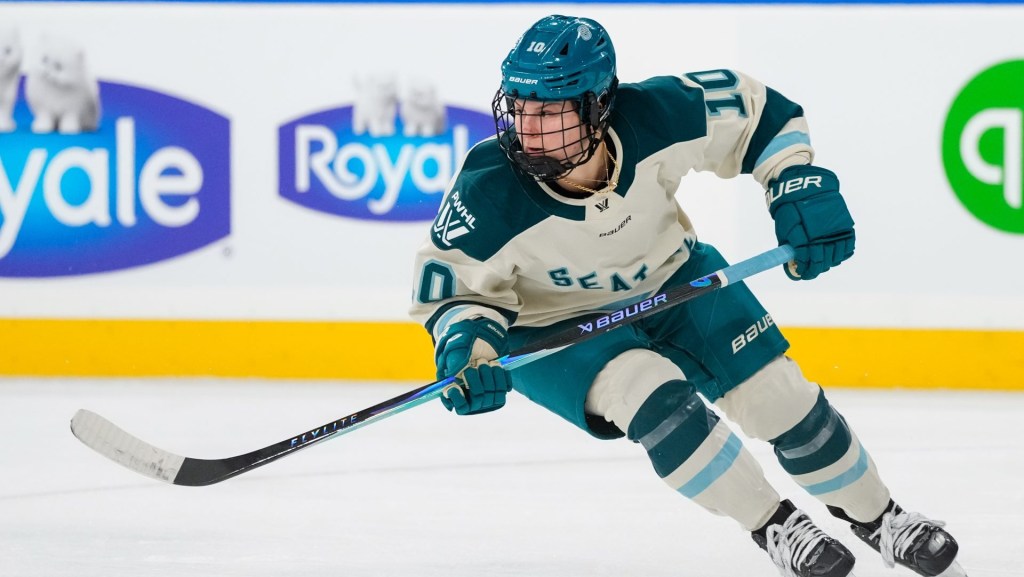
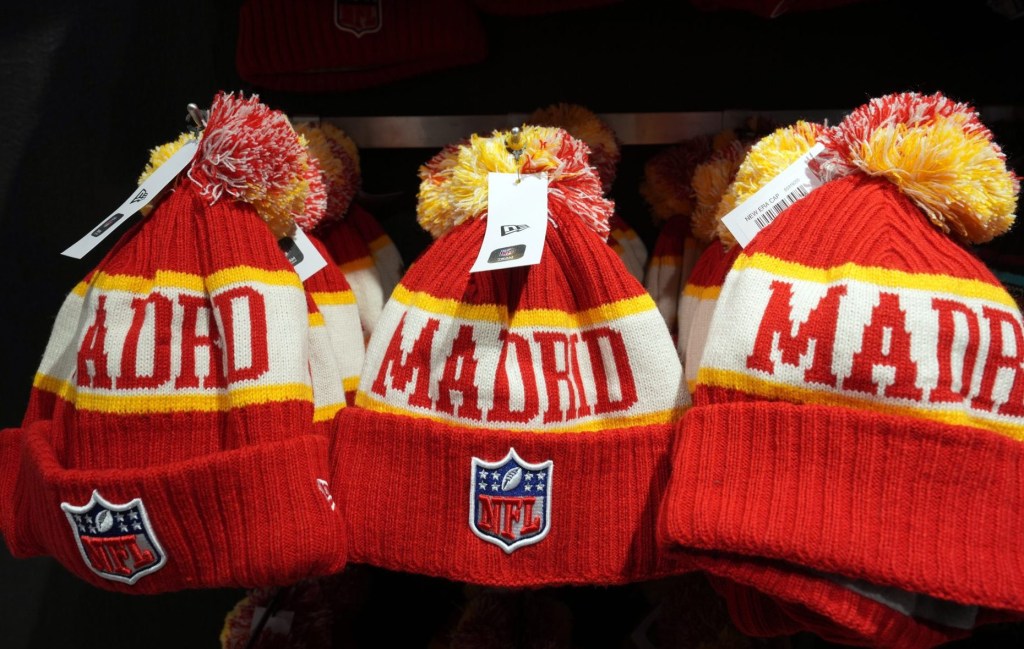


![[US, Mexico & Canada customers only] Feb 6, 2026; Riyadh, SAUDI ARABIA; Jon Rahm in action during the third round of play at LIV Golf Riyadh at the Riyadh Golf Club.](https://frontofficesports.com/wp-content/uploads/2026/03/USATSI_28173562_168416386_lowres-scaled.jpg?quality=100&w=1024)

![[US, Mexico & Canada customers only] Sep 28, 2025; Bethpage, New York, USA; Team USA's Bryson DeChambeau reacts after hitting his approach on the 15th hole during the singles on the final day of competition for the Ryder Cup at Bethpage Black.](https://frontofficesports.com/wp-content/uploads/2026/03/USATSI_27197957_168416386_lowres-scaled.jpg?quality=100&w=1024)

